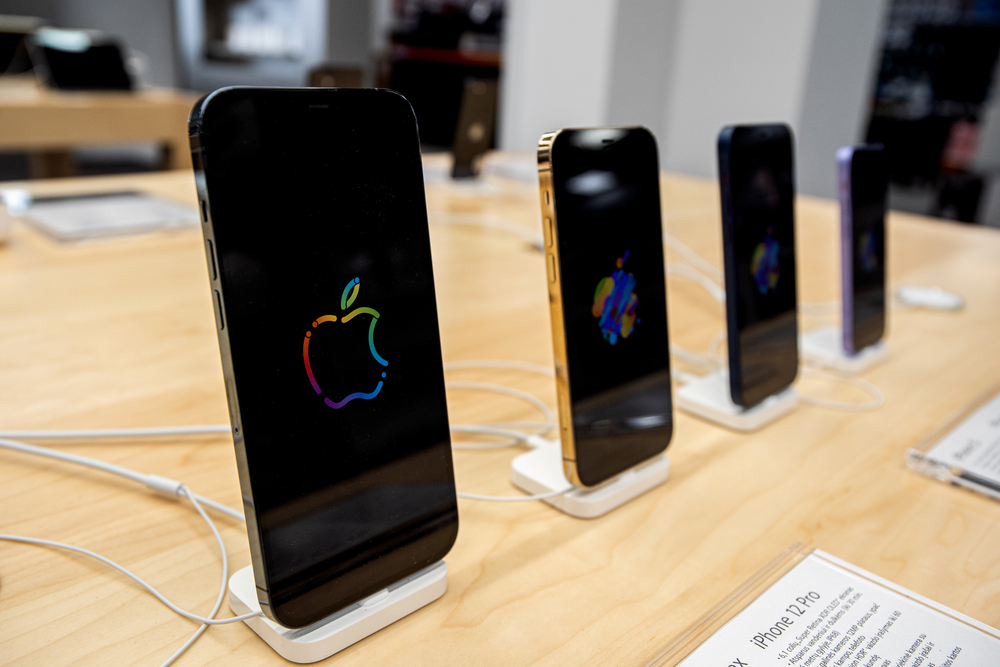The UK’s Competition and Markets Authority (CMA) has raised concerns over Apple’s stringent mobile browser policies, which it claims stifle competition and hinder innovation. A recent inquiry into browser competition on both iOS and Android found that Apple’s practices, particularly its insistence on using the WebKit browser engine, prevent third-party browsers from offering more advanced features and ultimately limit consumer choice.
The CMA’s Investigation and Apple’s Response
According to the CMA’s findings, browser developers have reported significant difficulties in introducing new features on iOS due to Apple’s restrictive requirements. One key complaint is the inability to speed up webpage loading, a feature widely available on other platforms. The CMA argues that this is just one example of how Apple’s policies prevent competitors from providing the best possible browsing experience for users. Apple, however, defends its approach, claiming that its stringent rules are designed to ensure better security, privacy, and performance for iPhone users.
The CMA’s scrutiny of Apple is part of a broader investigation into how tech giants Apple and Google maintain their dominance in mobile platforms. The report highlights that while both companies control the mobile browsing market, Apple’s closed ecosystem appears to be more restrictive, particularly in terms of web technologies like Progressive Web Apps (PWAs), which are not fully supported on iOS.
New Law Empowering the CMA
A recent piece of legislation, the Digital Markets, Competition and Consumers Act (DMCC), passed earlier this year, gives the CMA greater power to penalize companies that violate competition laws. Under this act, which mirrors the EU’s Digital Markets Act (DMA), tech giants could face hefty fines of up to 10% of their global revenue if found guilty of anti-competitive behavior. The investigation into Apple is a direct result of this law, which seeks to address the growing concerns about the market power of tech giants.
What’s Next?
The CMA’s investigation is ongoing, with a period for public comments on its findings set to end on December 13. The final ruling is expected in March 2025, and if Apple is found in violation of competition laws, it could face significant penalties. The CMA’s inquiry comes at a time when regulators worldwide are stepping up efforts to curb the influence of Big Tech and create a more level playing field for smaller developers and competitors.
For more details, visit Engadget’s full article.


